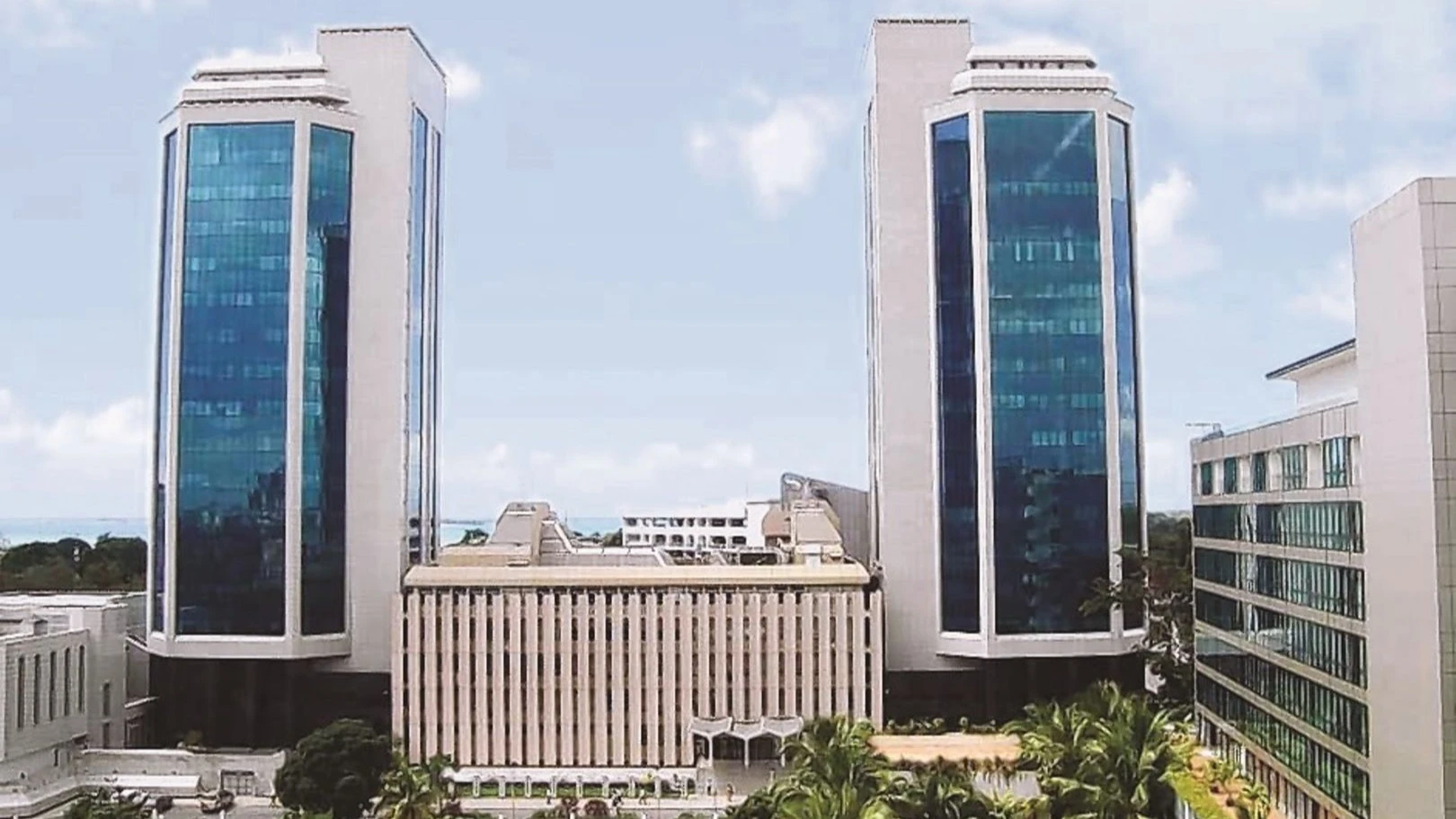

The Nairobi Securities Exchange (NSE), an integral component of East and Central Africa’s financial architecture, exhibited an extraordinary degree of resilience in 2023, a year marked by pronounced economic volatility. According to its Integrated Annual Report, the NSE strategically navigated a complex array of macroeconomic challenges, including inflationary pressures, currency depreciation, and the global monetary tightening that redirected capital flows toward developed economies. These adversities, compounded by Kenya’s rising public debt burden and a fragile global recovery, underscored the need for robust institutional strategies within the region’s capital markets.
Domestically, Kenya’s financial ecosystem faced acute stresses. The Kenyan shilling depreciated by 26% against the US dollar, exacerbating inflationary pressures and creating significant disruptions for investors and issuers alike. Elevated interest rates—the Central Bank of Kenya’s benchmark rate rose to 12.5% by year-end—further constrained economic activity. Despite these formidable conditions, the NSE achieved a 34% increase in profit after tax, reaching Kshs. 18.4 million. This outcome was a direct result of the NSE’s adaptive operational framework, which blended meticulous risk management with forward-looking market interventions.
The NSE’s ability to maintain financial and operational stability amidst these challenges underscores its critical role as a driver of economic resilience. Its 2023 performance not only highlights the importance of diversification but also provides a blueprint for navigating systemic economic pressures.
At the core of the NSE’s 2023 strategy was an intensified focus on diversification. Recognizing the inherent vulnerabilities of market volatility, the exchange sought to bolster non-trading revenue streams. This strategy bore fruit, as data-related income surged by 25% to Kshs. 116.6 million, and interest income grew by 16% to Kshs. 120.9 million. Such initiatives have significantly reduced reliance on traditional trading activities, providing the NSE with a stable financial foundation to weather external shocks.
Notable milestones in the year included the listing of Kenya’s inaugural Sukuk Bond, the Linzi Sukuk, valued at Kshs. 3 billion. Introduced via the Unquoted Securities Platform (USP), this Islamic financial instrument underscores the NSE’s commitment to inclusive and innovative financial solutions. The platform also facilitated the listing of the LAPTRUST Imara I-REIT, Kenya’s first pension fund-backed real estate investment trust. These developments exemplify the NSE’s ability to mobilize capital for traditionally underserved sectors, opening new avenues for liquidity and market participation.
A cornerstone of the NSE’s 2023 agenda was the enhancement of market accessibility and efficiency. The introduction of the NSE Connect Platform exemplifies this focus. This digital ecosystem bridges the financing gap for small and medium enterprises (SMEs) by connecting them with prequalified investors. SMEs, a backbone of Kenya’s economy, now have an efficient pathway to access debt and equity capital.
Further advancements in trading infrastructure were achieved through the integration of the Dhow Central Securities Depository (CSD) system. This collaboration with the Central Bank of Kenya enhanced the secondary trading of government securities, streamlining processes for market participants and boosting overall efficiency.
Investor sentiment also saw improvement following Kenya’s partial settlement of its June 2024 Eurobond. This fiscal action not only stabilized the Kenyan shilling but also reaffirmed the government’s commitment to debt sustainability, contributing to a renewed sense of market optimism.
The NSE’s operational framework is deeply anchored in sustainability, aligning with global best practices and the United Nations Sustainable Development Goals (SDGs). Environmental, Social, and Governance (ESG) principles were prioritized throughout 2023, reflecting the exchange’s recognition of sustainability as a driver of long-term value creation.
Significant strides were made in promoting gender equality and climate action. The launch of a carbon trading initiative demonstrated the NSE’s leadership in green finance, enabling investors to balance economic returns with environmental stewardship. Additionally, the exchange’s financial literacy programs, including the flagship stock challenge for youth, underscored its commitment to cultivating an informed and engaged investor base.
Capacity-building initiatives extended to listed companies, with the NSE offering ESG-focused training to enhance corporate transparency and accountability. These efforts reflect the exchange’s broader vision of creating an inclusive and sustainable financial ecosystem.
As Kenya solidifies its position as a regional financial hub, the NSE has taken proactive steps to foster cross-listing opportunities. Such initiatives aim to attract international institutional investors by offering diversified exposure to high-growth sectors such as technology, manufacturing, and real estate. Cross-listings not only enhance market liquidity but also strengthen the NSE’s global appeal.
Looking ahead, the exchange plans to expand its portfolio of alternative investment products. The development of exchange-traded funds (ETFs), green bonds, and social finance instruments exemplifies the NSE’s commitment to innovation. By aligning its offerings with evolving investor preferences, the NSE is ensuring its relevance in an increasingly competitive global marketplace.
The NSE’s experience in 2023 offers valuable insights for the broader African financial landscape. By leveraging diversification, technological advancements, and sustainability, the exchange has charted a resilient path forward. Initiatives such as the Linzi Sukuk and the LAPTRUST Imara I-REIT illustrate the potential for African markets to develop localized financial instruments that cater to regional needs while adhering to global standards.
Moreover, the NSE’s emphasis on stakeholder engagement—from investors and issuers to regulators and communities—highlights the importance of collaborative governance in building trust and driving systemic improvements. The exchange’s focus on financial literacy and advanced market infrastructure further reinforces its role as a catalyst for inclusive economic growth.
The Nairobi Securities Exchange’s performance in 2023 stands as a testament to its resilience and adaptability. By adopting forward-looking strategies, the exchange has not only navigated an adverse economic landscape but has also laid the groundwork for sustainable growth. Its achievements serve as a beacon for other African capital markets, demonstrating the transformative potential of strategic diversification, innovation, and sustainability. For investors and stakeholders, the NSE’s journey offers a compelling narrative of progress and promise in the face of global and regional challenges.


